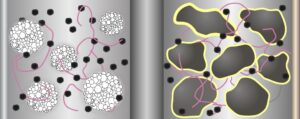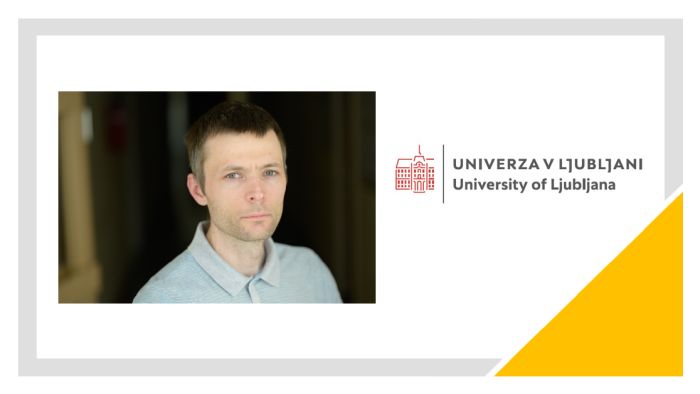Igor Mele is a researcher at the University of Ljubljana (UL) and works under the supervision of Prof Tomaž Katrašnik in the Laboratory of Internal Combustion Engines and Electromobility. With a background in physics and numerical methods, his work focuses mainly on modelling processes inside the insertion batteries. Over the last 10 years, he has been involved in many EU and national projects covering a wide range of topics related to electromobility, from materials science to system-level simulations.
What was your original motivation to become a researcher/project manager?
During my physics studies, I was particularly fascinated by how a fundamental laws of nature can be applied to a specific real-world problem and solved using numerical methods. Over time, I developed an interest in energy storage and sustainability. This led me to investigate the complicated processes that take place in insertion batteries and offer numerous challenges that still need to be solved.
What is your (main) research area today?
My research area focuses on the development of advanced electrochemical models for insertion batteries, such as Li-ion or solid-state batteries, with an emphasis on the multiscale approach. This means that the relevant phenomena and knowledge are transferred from the lower scales, e.g. the atomistic scale, to the higher continuum scale. Such an approach leads to an improved predictive ability of the developed models.
What is the main focus of your team in InnoBMS?
As part of the InnoBMS project, the UL team is involved in advanced SoX observers based on scalable physics-based models with an aim to enhance battery diagnostics and to push boundaries of battery management.
Could you describe your favourite moment/satisfaction when working for the project and – more in general – for your organisation?
As the InnoBMS project is still in its early stages at the time of writing this response, I think there are still some interesting moments to come. From the perspective of someone who mainly develops their models on a PC and runs them virtually, it will be exciting to see how the models run on the embedded hardware. For UL as an academic institution, it is a great opportunity to work with world-renowned partners in the InnoBMS consortium and build contacts for potential future collaborations.
How do you expect InnoBMS results will affect your organisation and the battery sector?
On the one hand, UL will gain new knowledge while working on the project, which can be leveraged for future projects and will also be incorporated into the educational process. On the other hand, the battery sector will gain knowledge on how the advanced features offered by the electrochemical model at the embedded hardware level can be utilised as virtual sensors.



